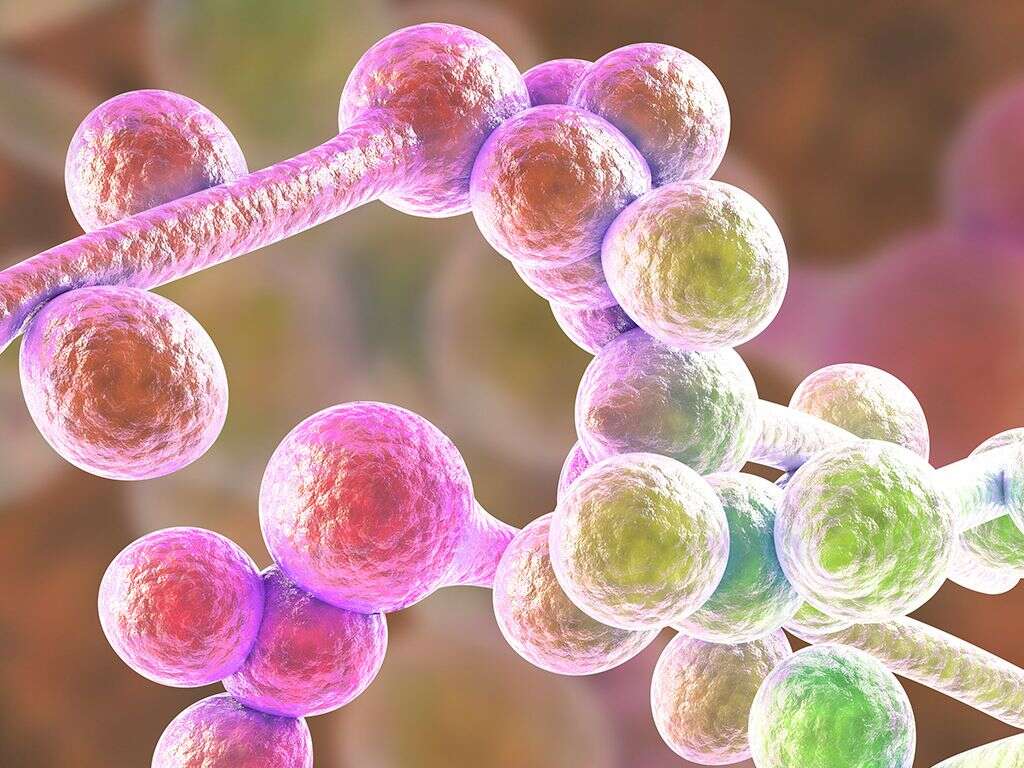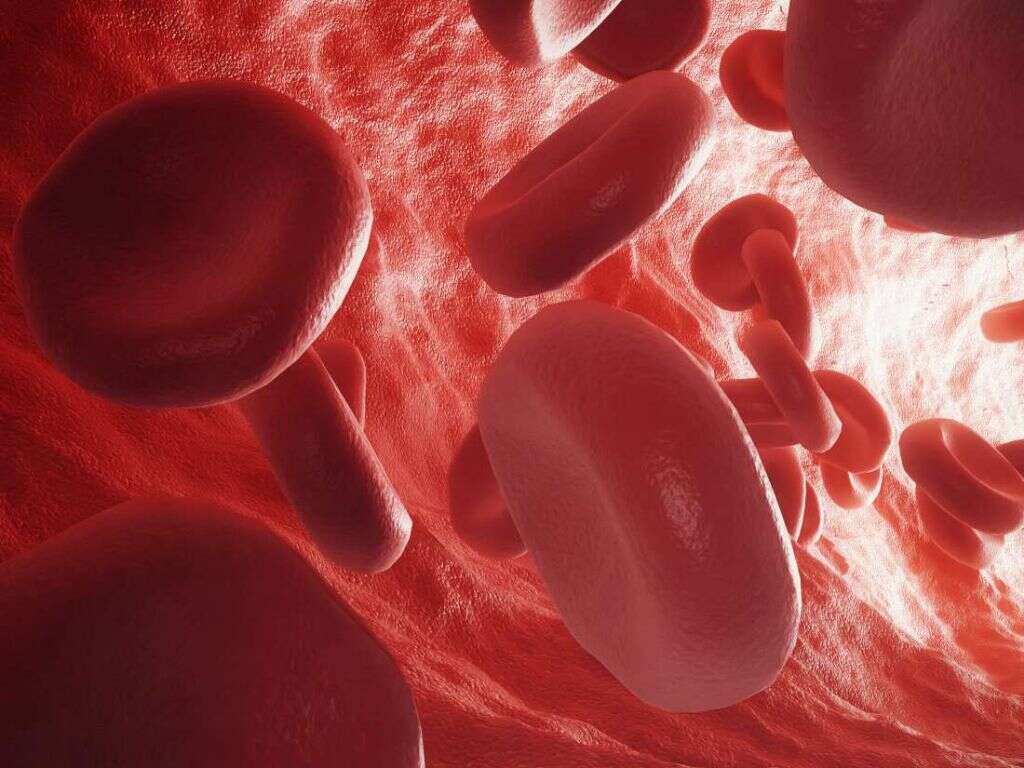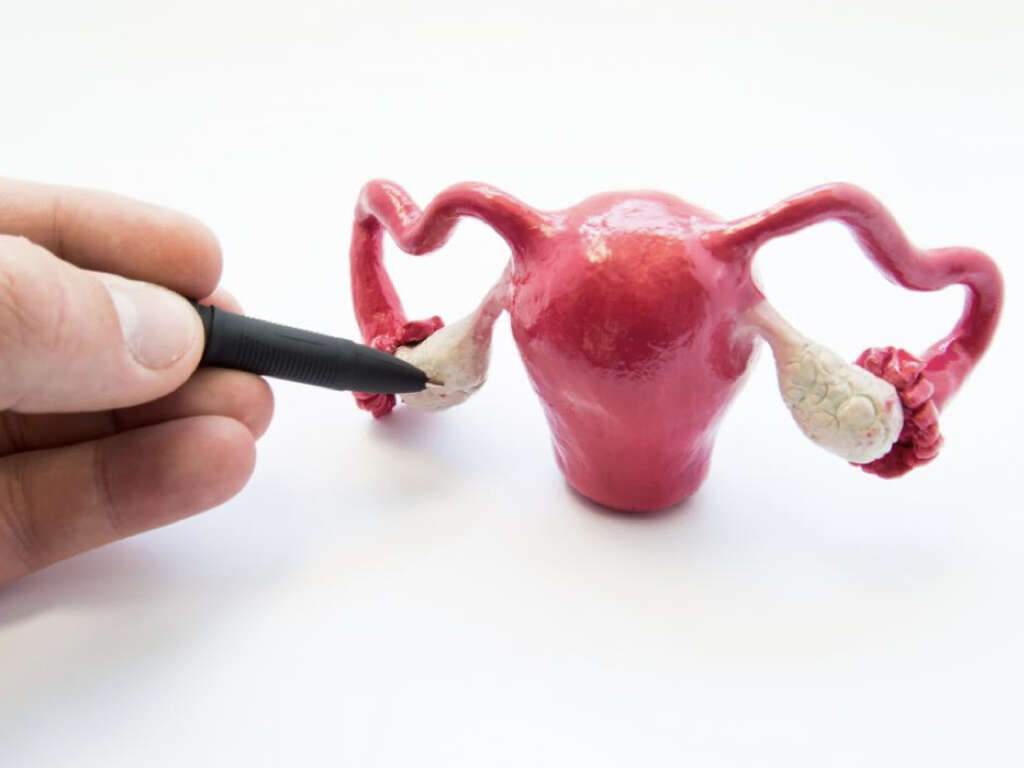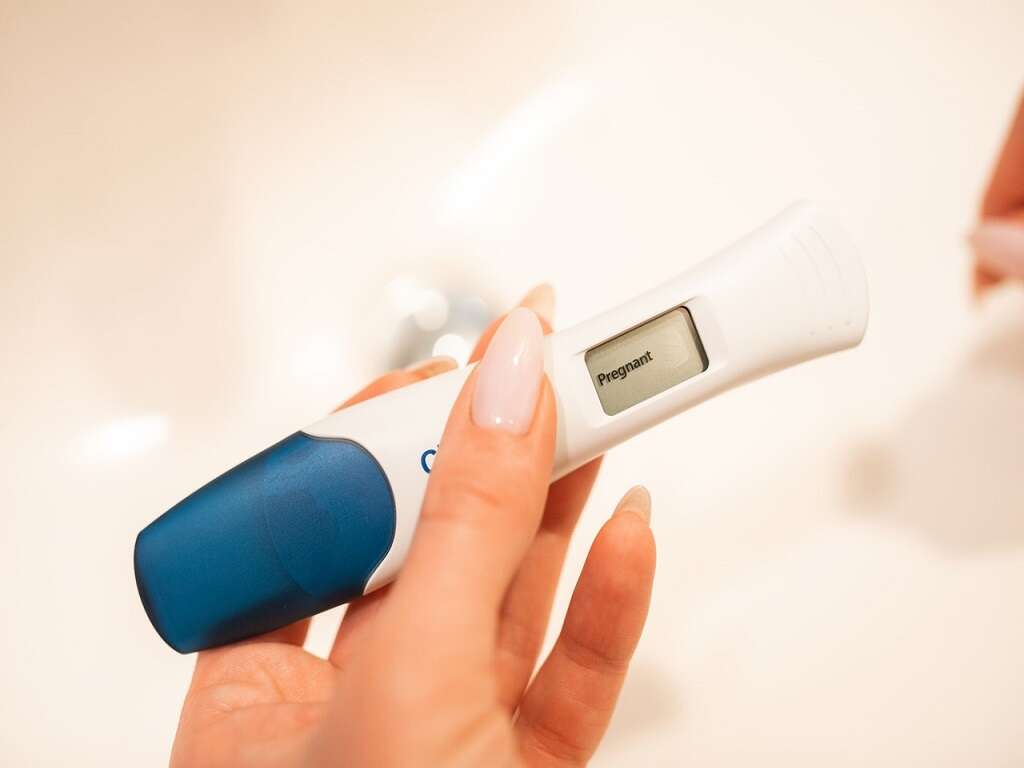What Is Turner Syndrome?
Every person has genetic information from both of their parents. This information is shared when the sperm meets the eggs and fertilization takes place. Sometimes, however, either the sperm or the egg will not have all the information. At others, there may be an error when the information is shared during the fertilization process.
When this happens, the fetus may not develop as it usually would. In many cases, the fetus will miscarriage before it can develop at all. The symptoms can affect the patient in some very mild ways and in other cases it can mean the patient has a very difficult, and shortened, life. One of the less severe examples is Turner syndrome, although it will cause dangerous complications in some cases.

1. Turner Syndrome
Turner syndrome is a type of chromosome disorder that only affects females. As a congenital disorder, the patient will have the condition even before they are born and they will have it for the remained of their lives. It is not a condition that can be acquired at any point in the patient’s life after they have been born.
Many patients with Turner syndrome will go on to live relatively normal, independent lives. However, they will still likely need treatment for the rest of their lives. It is often diagnosed at birth or even before their birth, while in some cases it will not be diagnosed until the patient is an adult.

2. Causes
As mentioned, Turner syndrome is a type of chromosome disorder and, in this instance, it is the X and Y chromosomes that are affected. In ‘healthy’ people, girls will inherit one X chromosome from each of their parents. In patients that have Turner syndrome, there is an issue with one of these chromosomes.
There are different types of problem with the chromosomes that can cause Turner syndrome. One of these is mosacism, which means that some of the cells will have two complete X chromosomes, but others will have only one. Monosomy means that all cells have only one copy. Other problems include having only part of an x chromosome in the faulty copy, while other patients can have part of a Y chromosome in what should be an X chromosome.
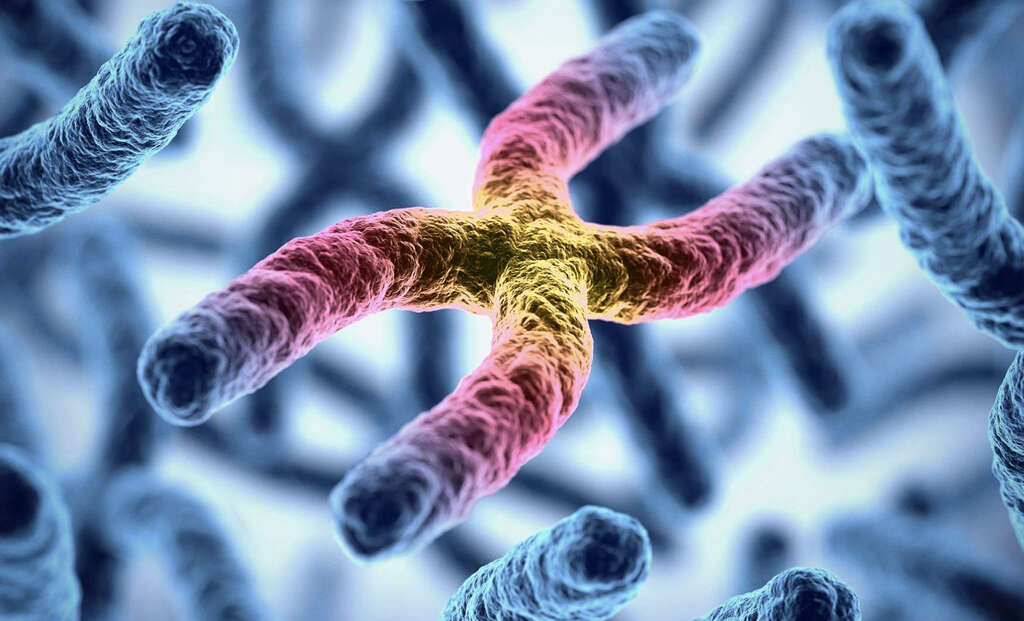
3. Symptoms Before Birth
As mentioned, Turner’s syndrome will sometimes be detected before the patient is born, and there are a number of symptoms that can help with this. These symptoms include abnormalities of the heart and the kidneys. Other symptoms include accumulation of fluids in the back of the neck and in some other places.
Developed nations tend to have prenatal screenings for conditions like Turner syndrome. Ultrasound is typically used for this, and it can help experts look for the symptoms of Turner syndrome, and other conditions. Blood samples from the mother can also be taken to help look for signs of the condition in the fetus.
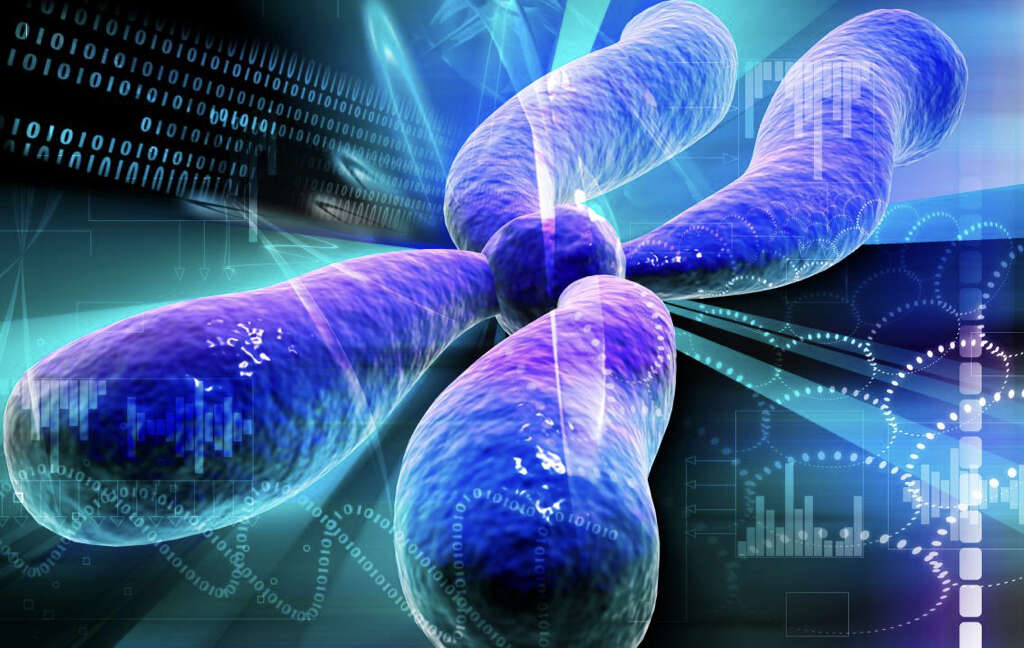
4. Symptoms In Infants
The type and severity of the symptoms can vary from cases to case, and some cases may go unnoticed until the patient is an adult. When symptoms are apparent, they will often include physical features such as a broad chest, wide neck, and ears that are low set.
The patient will likely be smaller than average at birth, and they may also have swollen hands and feet. Their arms can point outwards at their elbows, and toenails and fingernails can be narrow and turn upwards. Short fingers and toes are other symptoms, as are a small lower jaw, low hairline at the back, and defects of the heart.

5. Symptoms In Children And Adults
As the patient gets older, other symptoms will become apparent. One of these symptoms is that patients with Turner syndrome are likely to be shorter than average. The patient may also not experience spurts of growth as is typical of children of a certain age. Other changes brought on by puberty may be delayed, or may not begin at all.
Patients with Turner syndrome can also find that their menstrual cycles will end earlier than usual. The patient will also likely be unable to conceive. Many patients with Turner syndrome are able to conceive with help from fertility treatment, however.

6. Hearing Loss
In addition to the symptoms mentioned, Turner syndrome can also result in severe complications. This can include vision problems and hearing loss. Hearing loss can be exasperated as the patient is more likely to develop infections of the inner ear. The patient may also have problems with the skeleton including scoliosis, and osteoporosis.
Turner syndrome will also make it more likely that the patient will develop autoimmune disorders. These include diabetes, and celiac disease, which is an immune reaction to the presence of gluten in the digestive system. While fertility treatment can help overcome infertility issues, the patient is more prone to developing complications during pregnancy.

7. Heart Problems
Turner syndrome will also cause some patients to have heart defects. These are often not immediately dangerous for the patient but they can still cause long term issues for them. This includes high blood pressure, which can end up being very dangerous indeed in the medium and long term.
Patients with Turner syndrome are also more likely to have defects with their kidneys. These defects are not usually serious, but they will tend to make the patient more prone to developing urinary tract infections. Turner syndrome patients will often need medication and other treatment to help them manage these conditions.

8. Learning Disabilities
Most patients with Turner syndrome will have no difficulties when it comes to learning and other cognitive issues. However, there is still an increased risk of people with the condition having some difficulties when it comes to learning. These tend to involve a short attention span, memory problems, difficulties understanding spatial concepts, and math.
Turner syndrome will also make it more likely that the patient will go on to develop mental health issues. This can include conditions like attention-deficit/hyperactivity disorder (ADHD). While this may not be as debilitating as some other mental health conditions, the patient can still struggle in some environments such as social occasions.

9. Who’s At Risk
The underlying causes of Turner syndrome are completely random. Even the healthiest of parents can have a child with the disorder, and it also does not appear to run in the family. The condition can also come from the father’s chromosomes just as easily as it can from the mother’s.
That the causes are completely random also means there is no way to prevent it. Thankfully, however, the condition is fairly rare, affecting 1 person in between 2,000 and 5,000 births of girls. This is partly because around 99% of fetuses with the condition will miscarriage in the first trimester.

10. Treatment
Treatment of Turner syndrome will depend largely on the patient’s symptoms and their severity. Most girls with the condition are given growth hormones to help them develop as well as possible. Estrogen therapy will also likely be prescribed in most cases to help ensure the patient enters into puberty and develops sexually.
The patient may also need treatment for heart problems, including medication to help keep their blood pressure down within safe levels. Treatment for UTIs and other kidney issues may also be needed, while any skeletal issues will also need to be addressed. The patient will also need to have regular check-ups.






